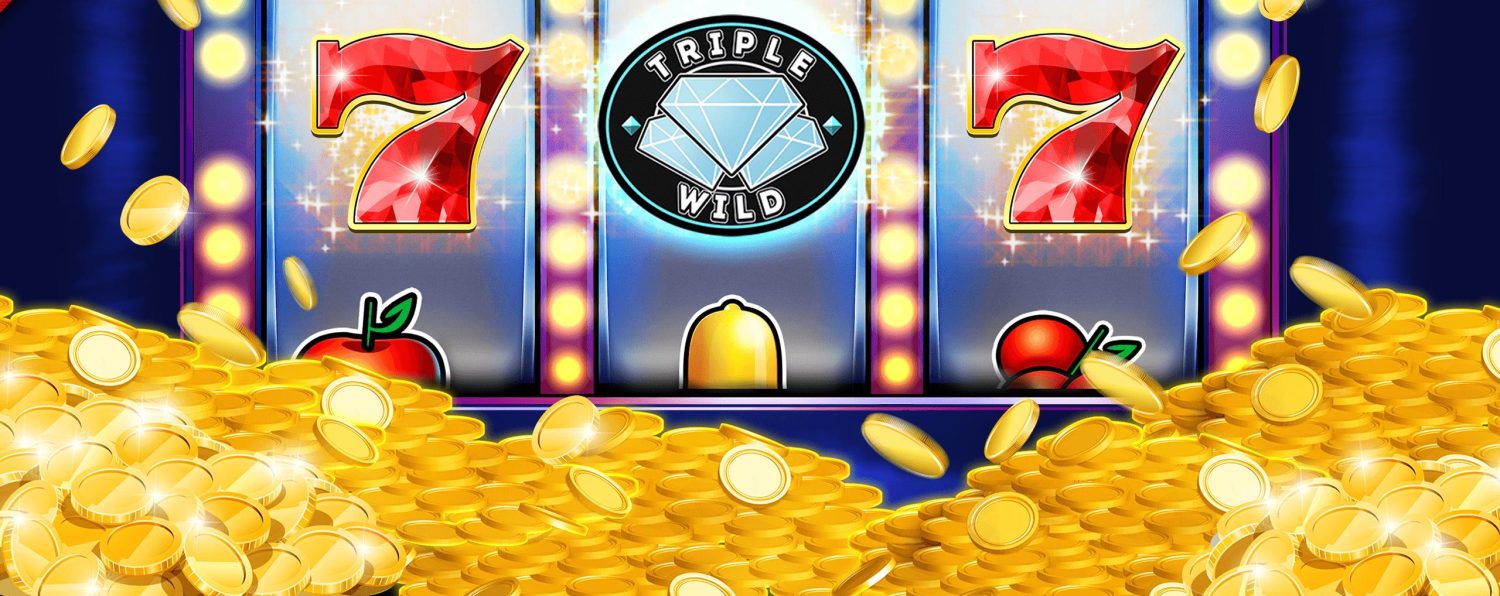
The National Indian Gaming Commission (NIGC) has recently reported that Indian gross gaming revenues for the fiscal year 2022 reached $40.9 billion to exceed the fiscal year 2021 figure by 5 % or $2 billion.
Historical Revenue Level:
The announcement comes after the fiscal 2022 ended on June 30, 2023. According to Native News Online, E. Sequoyah Simermeyer (Coharie), chairman of the NIGC, said that the reported amount represents an aggregated revenue figure presented by 519 audited financial statements of 244 Native American tribes operating tribal casinos across 29 U.S. states.
As reported, NIGC regulates eight tribal gaming regions whereas seven of these recorded the increased revenue levels in comparison the FY 2021. Although the source indicates that the revenue growth cannot be used as a direct indicator of the economic performance of any of the said regions, the second consecutive financial year of growth testifies about the general recovery of the Indian gaming industry in the post-pandemic period.
Post-Pandemic Recovery:
NIGC Chairman seems cautiously optimistic in this regard. ”I want to say that in general Indian gaming continues to do well, despite the historic challenge of tribal casino closures that began in March 2020 due to the pandemic,” Simermeyer reportedly said, and continued: “This year’s historic revenue reflects the resiliency of many tribal gaming operations, and how tribal gaming continues to rebound and remain strong. Tribal governments and the operations they license continue to explore new and innovative ways to expand and deliver world-class experiences to cultivate sustainable economies.”
Robust Regulatory Reputation:
The National Indian Gaming Commission certainly plays a vital role in the growing tribal casino operations. NIGC Chairman reportedly added: ”Across Indian country, tribes pursue economic sustainability through gaming by relying on the robust regulatory reputation for which Indian gaming is well known, and made better when supported by efficient and effective measures.”
Chairman Ernie Stevens, Jr, chairman of the Indian Gaming Association, told the source that he he was pleased with the numbers. “We always keep our fingers crossed when these numbers are released, but I am pleased to see the rebound from the pandemic era and continue to grow,” Stevens said to Native News Online.
Social Responsibility:
As reported, he credited all stakeholders: “It’s a credit to our tribal leaders, casino operators, managers, and regulators, who are continuing to make what is good, much better through their hard work and dedication. We see it as a responsibility to our tribal communities.” According to the testimony of NIGC Vice Chair Jeannie Hovland (Flandreau Santee Sioux), such responsibility to tribal communities is now reflected in the well being of Indian communities.
Hovland reportedly said: “I visited tribal nations whose gaming revenues have empowered through tribal sovereignty, created self-sustaining economies, diversified their business ventures, and alleviated financial hardships. I have seen how gaming revenues have improved the quality of life for many who have access to quality health care, clean water, renewable energy resources, higher education opportunities, and much needed social and welfare programs.”
According to Hovland, gaming revenues have helped the tribes to preserve their traditions, make a better present living, and plan for the new generations.
Reliable Collaboration:
Indian gaming was established in 1988 by US Congress, with the National Indian Gaming Commission established soon after to regulate Indian gaming in the United States. The development of the Indian gaming has continued to date and arrived at the historically high levels this year. The $40.9 billion revenue level reached in FY 2022 seems to be the result of a reliable collaboration between the NIGC and the Indian gaming operators and communities.
The legal status of online casinos in India is complex and varies by state. While there is no federal law that explicitly addresses online gambling, the legality depends on state regulations and the type of gambling involved.
Key Points:
-
No National Law: India does not have a specific national law regulating online casinos. However, the Public Gambling Act of 1867 prohibits operating physical casinos and gambling houses, but it doesn't cover online platforms, leaving a legal grey area for online gambling.
-
State-Specific Laws: Some Indian states, like Goa, Sikkim, and Daman, have legalized land-based casinos, and others, such as Sikkim, have also licensed online gambling. Many states have banned gambling altogether, including online gambling.
-
Online Sports Betting: Betting on sports, particularly cricket, is very popular in India. However, it's only explicitly legal in some states like Sikkim and Nagaland, which have laws permitting online gaming and betting.
-
Legal Gray Area: Many international online casinos accept Indian players and operate legally under licenses from offshore jurisdictions (like Curacao or the UK Gambling Commission). As long as players are gambling on licensed platforms, the risk is minimal, but local authorities may still choose to regulate or restrict online gambling.
-
Cryptocurrency: Some Indian players prefer using cryptocurrencies (like Bitcoin) for online gambling, as it provides a layer of anonymity and security.
While online casinos aren't explicitly legal across all of India, many international casinos accept Indian players, and online gambling continues to grow in popularity. Players should ensure they use licensed platforms and understand local laws before engaging in online gaming.






Leave a Reply
You must be logged in to post a comment.